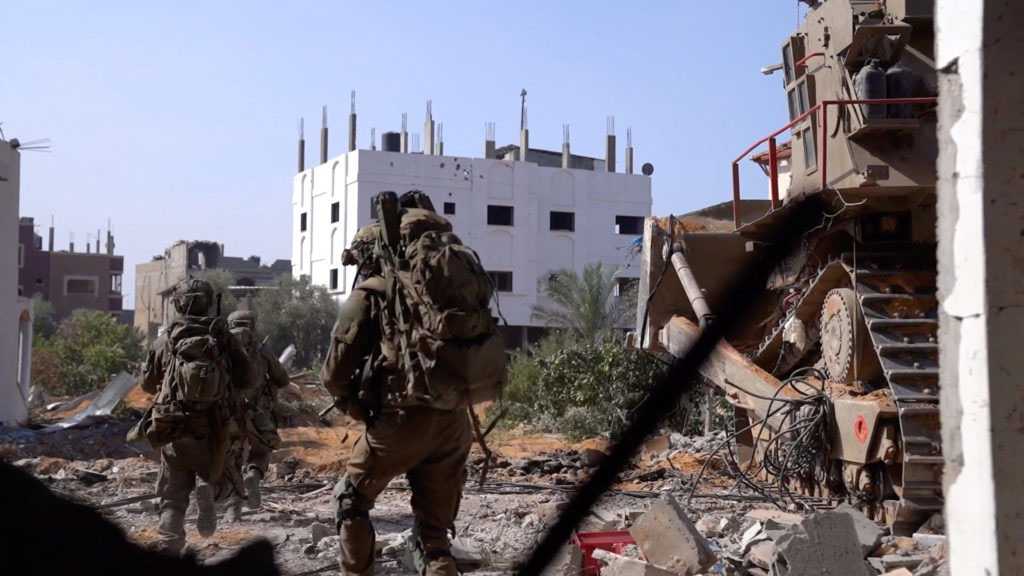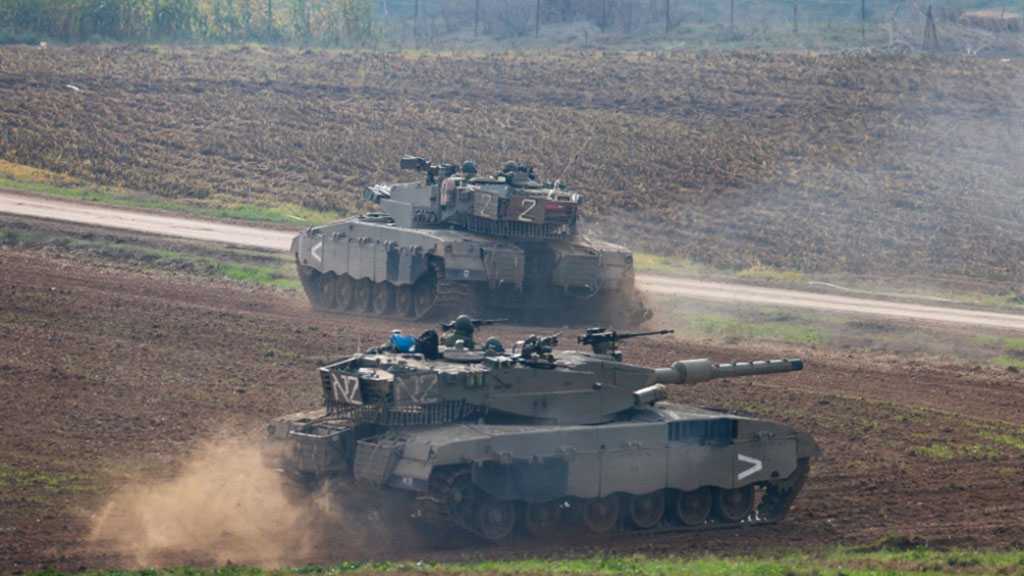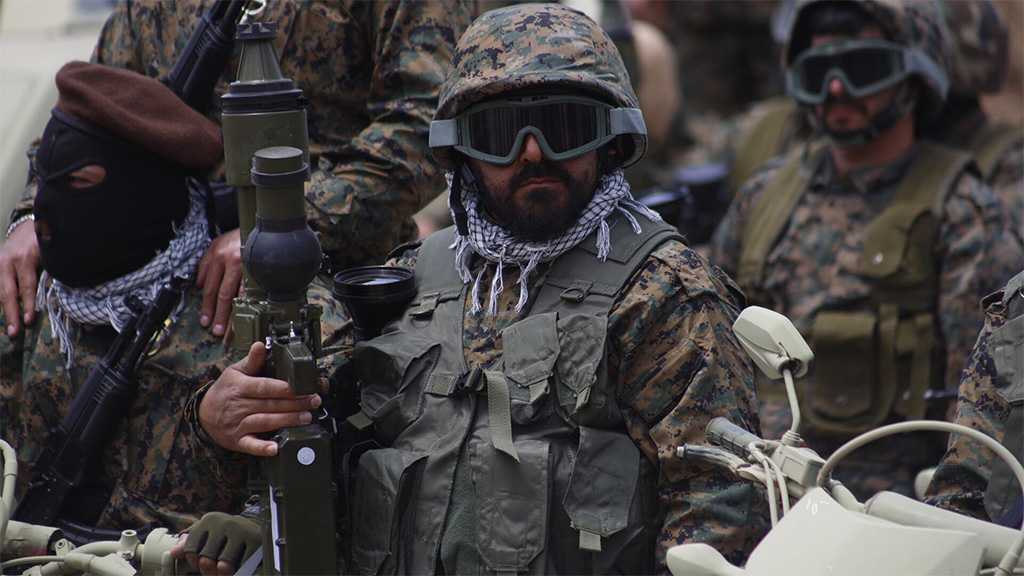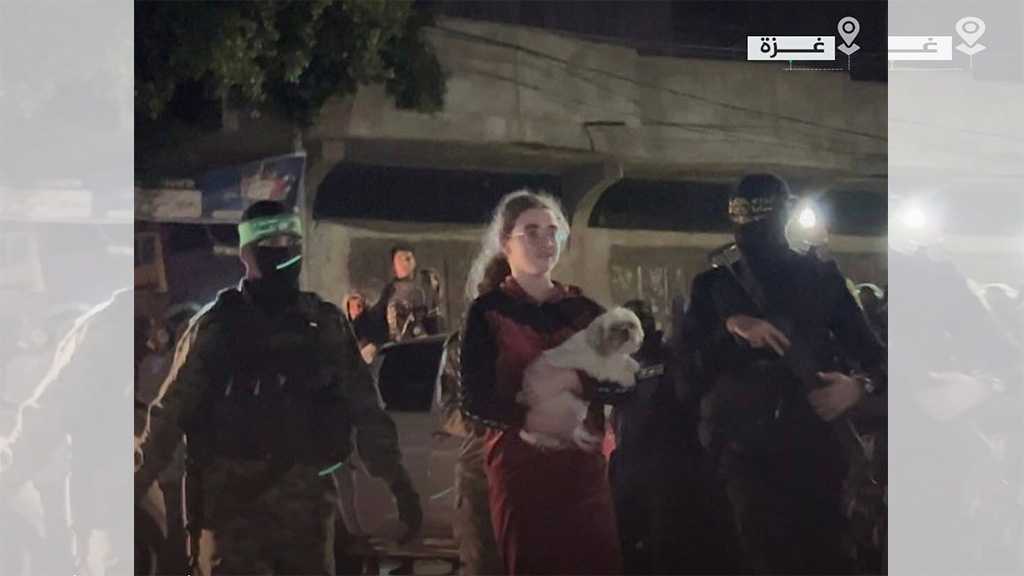
Egyptian Mediation, A US Decision

Nasser Qandil - al-Binaa newspaper
If we ponder upon the why and wherefores of the mediation behind the cease-fire in Gaza and we reveal its connection to the US decision built upon "Israel's" feeling of trouble as it entered an uncalculated warfare or misestimated the balances of the military and political powers, we do not mean to doubt, criminalize or accuse of treason the resisting Palestinian forces which have agreed to negotiate the mediation and are trying to achieve the best terms for the sake of the Resistance and the Palestinian people.
 Certainly, the Egyptian initiative to cease fire, if only stemming from an Arab or an Egyptian perception of the atrocity of the "Israeli" massacres, there would have been vigilance and caution in proposing what "Israel" could hamper!
Certainly, the Egyptian initiative to cease fire, if only stemming from an Arab or an Egyptian perception of the atrocity of the "Israeli" massacres, there would have been vigilance and caution in proposing what "Israel" could hamper!
Moreover, the timing of any cease-fire is linked to the balance of the capability of taking advantage of time in order to make more gains or to inflict upon the enemy more losses.
In Palestine war, it is clear that time is not in favor of "Israel' since Saturday, when it seemed that the Resistance started to have the balance swinging its way, despite the brutality of the "Israeli" bombing and the huge number of martyrs and injured that night. In fact, the Resistance succeeded in proving the total failure of the Iron Drone as an illusionary insurance policy which the "Israeli" commands had implanted in the minds of the settlers and which the Resistance had played down when it set a date to bomb Tel Aviv. Indeed, at 9:00 pm that night, as scheduled, rockets poured down on Tel Aviv and the Iron Drone couldn't do anything about it.
"Israel" wagered on the aftermath of the arbitrary carnage of civilians in Gaza. Nonetheless, steadfastness was legendary and morals were extraordinarily high. It then wagered on programmed targeting operations against posts and leaders; yet little did it score! It then wagered on the land invasion but it recalled the 2008 experience, knowing that reaching residential complexes cannot be as easy after Palestinians managed to burn an "Israeli" tank in the open regions.
"Israel' dashed to Washington and Qatar for help. Consultations with Egypt kicked off to revive the 2012 agreement and to launch the Egyptian initiative, after Barack Obama has paved the way for it days ago. The mediation was formulated in a way that is acceptable by both parties, out of keenness not to venture into exhausting, thorny negotiations and not to reach a formula which leads a party, namely "Israel," to partly pay a price, while the Resistance is at the peak of its achievements.
It is normal that when Egypt interferes to cease fire, the Resistance forces accept; nonetheless, the truce is not permanent. That is, there is a chance of the Resistance to improve the terms of the 2012 agreement which is based on depicting the acts of the Resistance as hostilities and preventing targeting residential compounds mutually, in addition to "Israel's" commitment to ceasing assassinations, lifting siege, opening passages, and liberating hostages.
Available information say that "Israel" is in its weakest state, and that the Resistance is capable of achieving much more than just a cease-fire.



